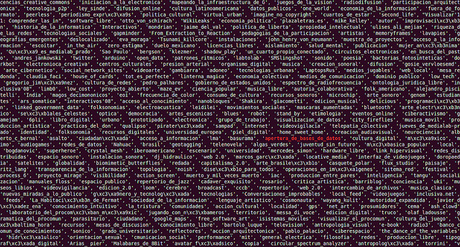Data retention law threatens open internet: ISOC-AU

The Internet Society of Australia has urged the government to reconsider its “deeply flawed” Data Retention Bill, warning that the implications of the legislation could threaten the open internet.
Labor has withdrawn its opposition to the Bill and reached a last-minute deal to pass the law, according to media reports.
CEO Laurie Patton has warned that the legislation as it stands has the potential to compromise the open and accessible nature of the internet.
“It is understandable in the current climate that Labor doesn’t wish to be wedged by the government on a national security issue. However, there is still time to work up further amendments to the Bill before it gets to the Senate,” he said.
“The internet is the essential engine in a modern digital economy. If we overreact to current circumstances we put at risk Australia’s long-term economic future.”
The proposed data retention law would cost up to $400 million to implement and require telecom service providers to store metadata about communications for access by law enforcement organisations and regulators.
Under the proposal, bodies including the AFP, ASIC and the ACCC would be able to access this metadata without a warrant.
Metadata includes details such as the time a call was placed or the location of a smartphone user when they accessed the internet. It does not include the content of communications of web browsing histories.
The Internet Society recently appeared before the Parliamentary Joint Committee on Intelligence and Security to detail a number of technical flaws in the current wording of the Bill.
Patton said the body has also offered to provide access to its expert members so that both the government and the opposition clearly understand the implications of laws that affect the operation of the internet.
“The Internet Society is part of a global network of experts who have built and run the internet from its inception. Who better to work with the government to ensure that this legislation is effective in fighting terrorism while minimising the potential for collateral damage to innocent people?”
Patton called on both parties to examine international experiences before taking actions that could damage people’s confidence in using the internet.
“There is mounting evidence from other countries that simply applying constraints to how the internet operates does not increase the detection of criminal activity, especially when it comes to random acts of terrorism,” he said.
Driving data efficiency: three strategies for modern organisations
Achieving data efficiency is critical for sustaining organisational growth in the face of...
AI at scale demands a new approach to data resilience and privacy
Data Privacy Week is a timely reminder that taking control of your data is a strategic...
Australia's path to AI sovereignty lies in strategic control, not reinvention
Many argue that Australia's priority should be building sovereign AI infrastructure and...




